IAEA chief says had ‘constructive’ talks with Iranian officials in Tehran
Rafael Grossi says he recently had “constructive” talks with Iranian officials in Tehran and hopes such interaction continues in the future.
The director-general of the International Atomic Energy Agency (IAEA) was speaking in a press conference in Vienna upon returning from Iran on Wednesday.
Grossi said his meetings produced “concrete results,” which could lead to a “less confrontational and more constructive” trajectory in interactions between the UN nuclear watchdog and Iran.
“What I see is a disposition to engage and to work with us—not only in the context of the meeting with the president but also with the foreign minister.”
“I was in touch with him (Foreign Minister Abbas Araghchi) even last night. So I see an intense disposition for dialogue with us, along with some important decisions or steps being taken.”
The IAEA chief said Iran agreed to cap its stockpile of 60%-enriched uranium and to accept new inspectors the agency needs to have in Iran.
“I attach importance to the fact that for the first time since Iran distanced itself from its past obligations, they are taking a different direction.”
However, Grossi noted that he could “not exclude” the possibility that Iran's commitment might falter “as a result of further developments.”
“Again, I say this in the context of a host of issues that need to be addressed in their entirety.”
Grossi traveled to Tehran for talks with President Masoud Pezeshkian, Foreign Minister Araghchi, and other top officials as well as to visit the nuclear sites of Fordow and Natanz.
The meeting aimed to resolve the remaining safeguards issues between Iran and the UN atomic agency.
Western powers have already submitted a resolution censuring Iran for what they describe as poor cooperation with the IAEA at its Board of Governors meeting. Iran's foreign minister has warned of a "proportionate" response from Tehran if the board passes the resolution.
In 2015, Iran agreed to curb its peaceful nuclear work as a confidence-building measure in exchange for the removal of Western sanctions.
That deal was derailed in 2018, when the United States left and reinstated all the bans suspended under the accord.
In 2019, Iran stopped implementing part of its commitments under the Joint Comprehensive Plan of Action (JCPOA) in response to Washington’s withdrawal and the failure of the European parties to compensate for this pullout.
Iran later took certain more limiting measures in response to the Western-sponsored anti-Iran resolutions at the IAEA and the country’s dissatisfaction with the agency’s handling of the nuclear issue.
Those measures included deactivating some surveillance devices used to monitor its nuclear program and barring certain inspectors amid fears of Western espionage targeting Iran’s nuclear facilities.
Iran has accused the IAEA of being influenced by Western intelligence, saying the agency should operate strictly as a technical body and avoid political pressure.
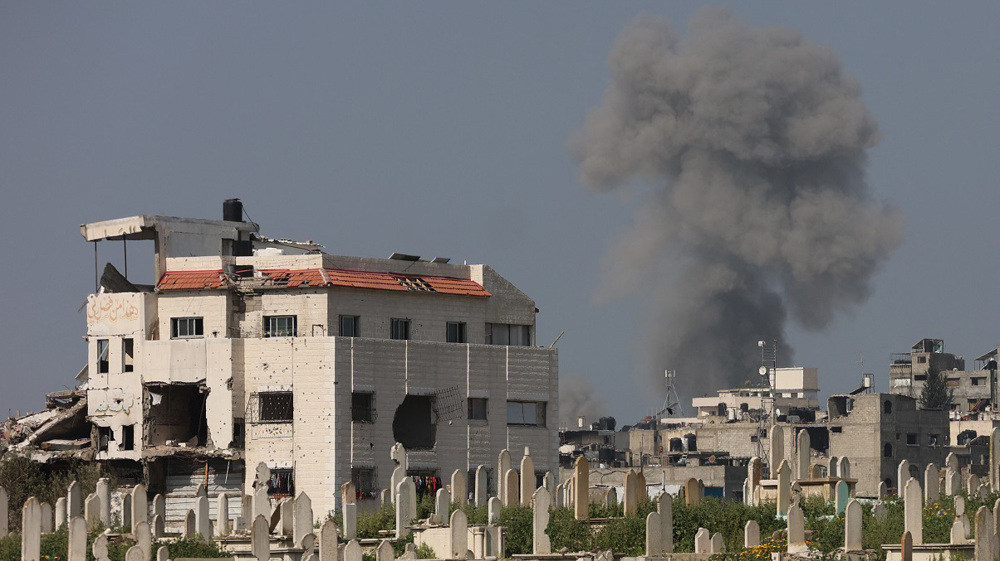
Renewed Israeli attacks on Gaza ‘continuation of genocide, ethnic cleansing’: Iran
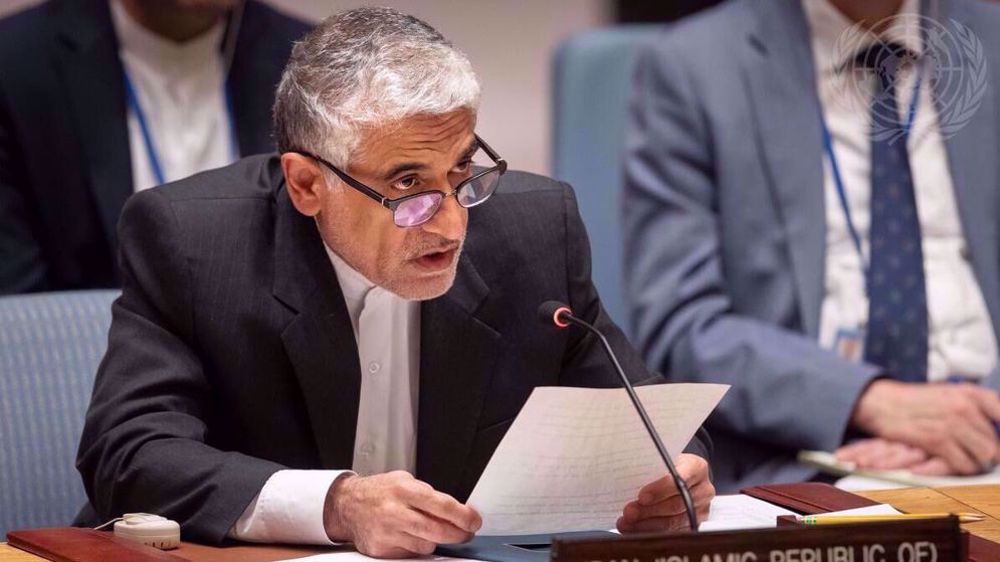
Iran condemns US aggression against Yemen, and 'baseless accusations'
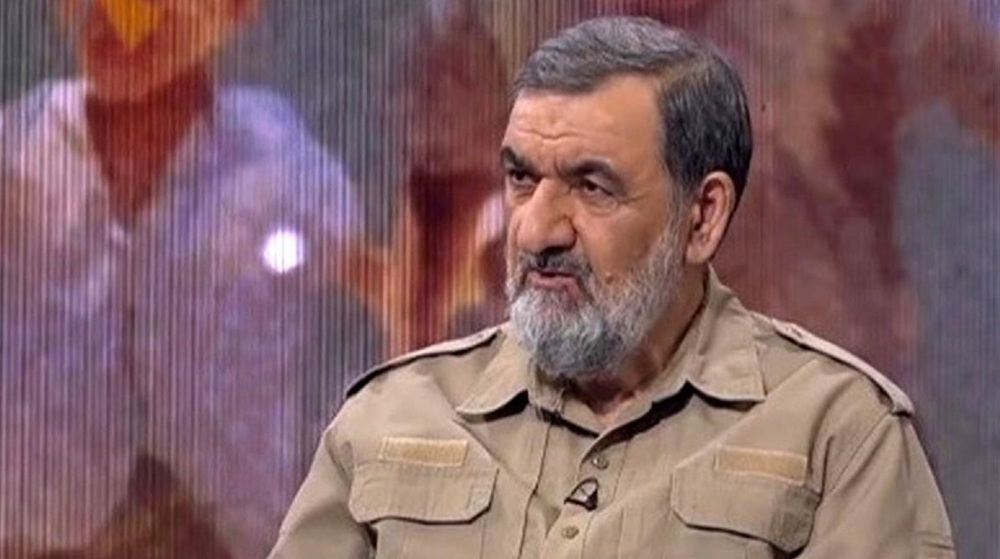
Trump takes ‘miscalculated gamble’ by waging illegal war on Yemen: Fmr. IRGC chief
VIDEO | Israeli land confiscation continues: Haris village loses over 80% of its land
Iran’s daily gasoline use hits record of 144 million liters
Israeli policy of West Bank annexation amounts to ‘war crime’: UN rights chief
OIC condemns Israel’s renewed aggression on Gaza
Yemen announces successful hypersonic missile strike on Israeli airbase
Gaza massacre: Hezbollah says Israel, US ‘two sides of same bloodthirsty coin’
Israeli airstrikes kill al-Quds brigades spokesman in Gaza
Iran’s mining exports up 1.2% y/y in 11 months to late Feb.: Report


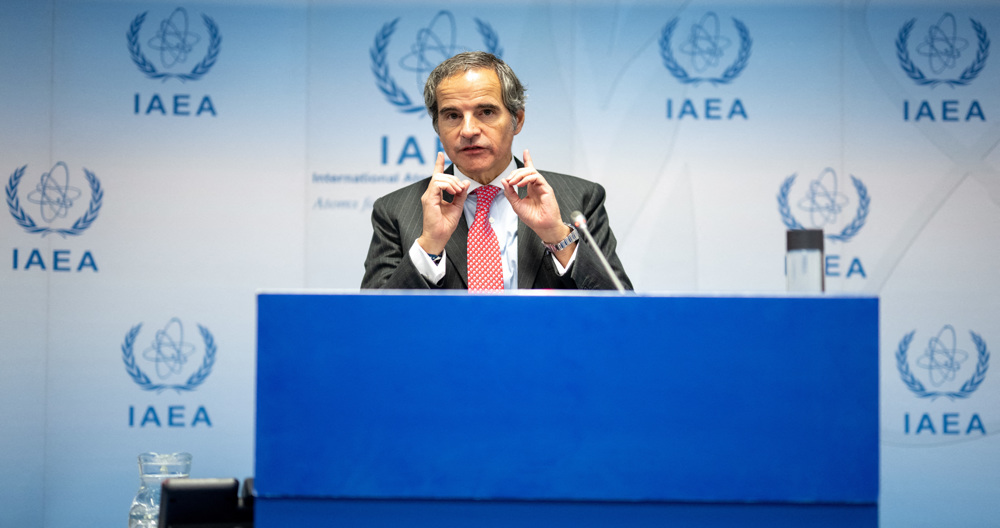




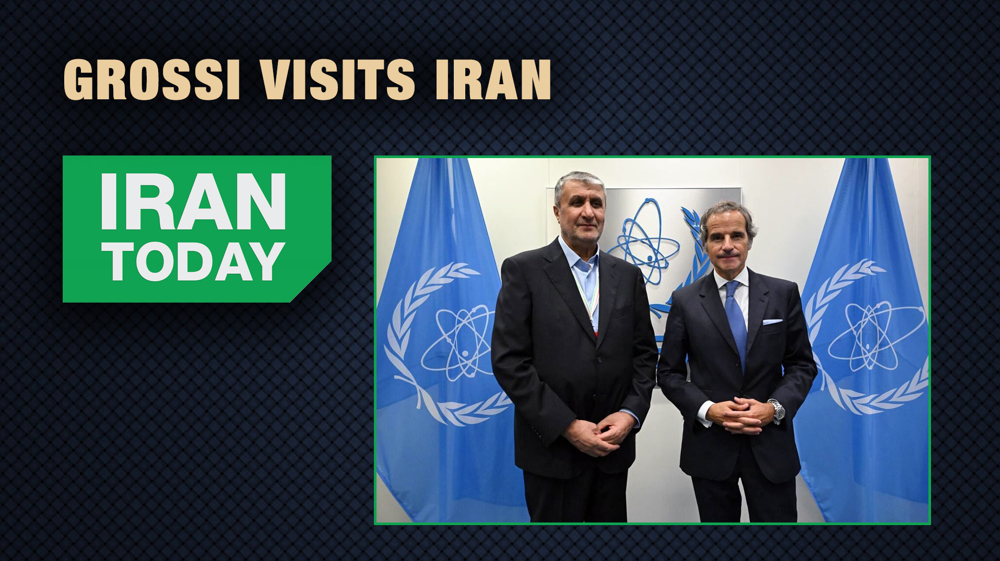


 This makes it easy to access the Press TV website
This makes it easy to access the Press TV website